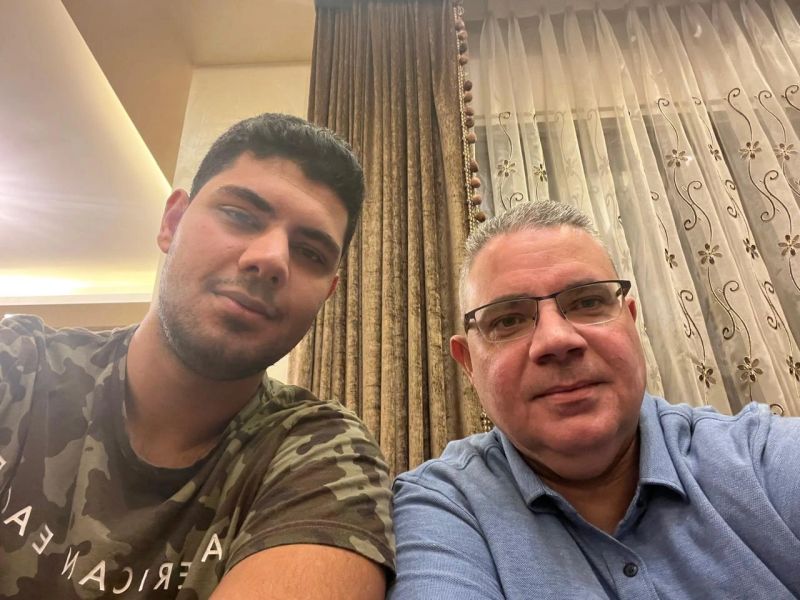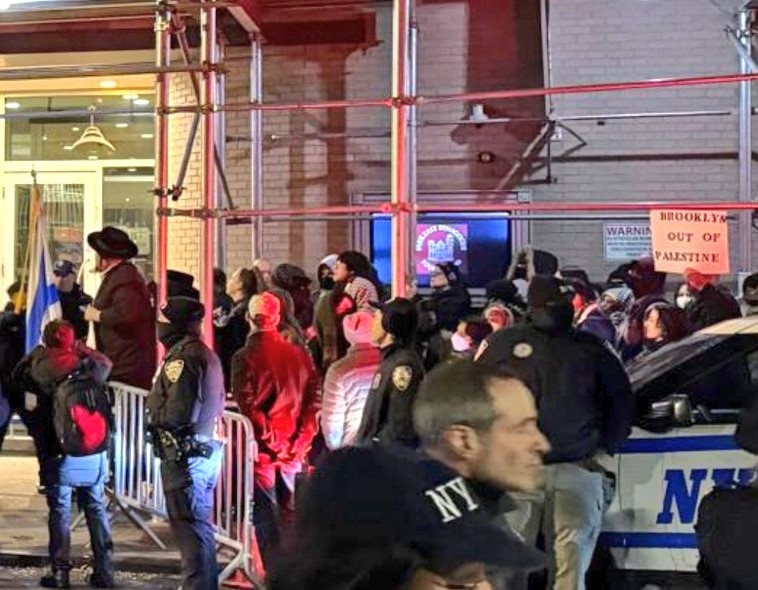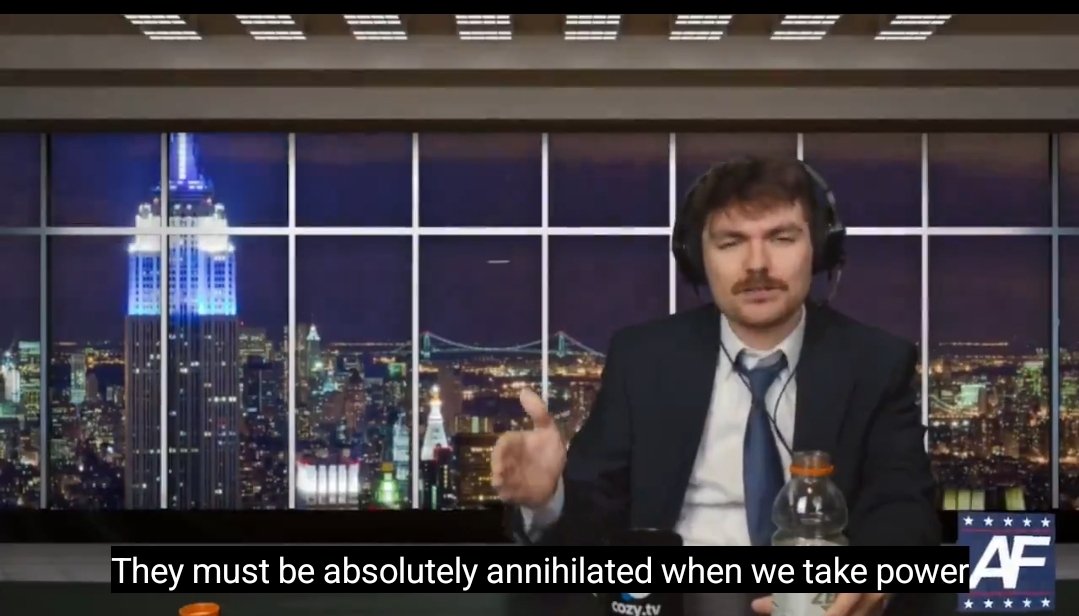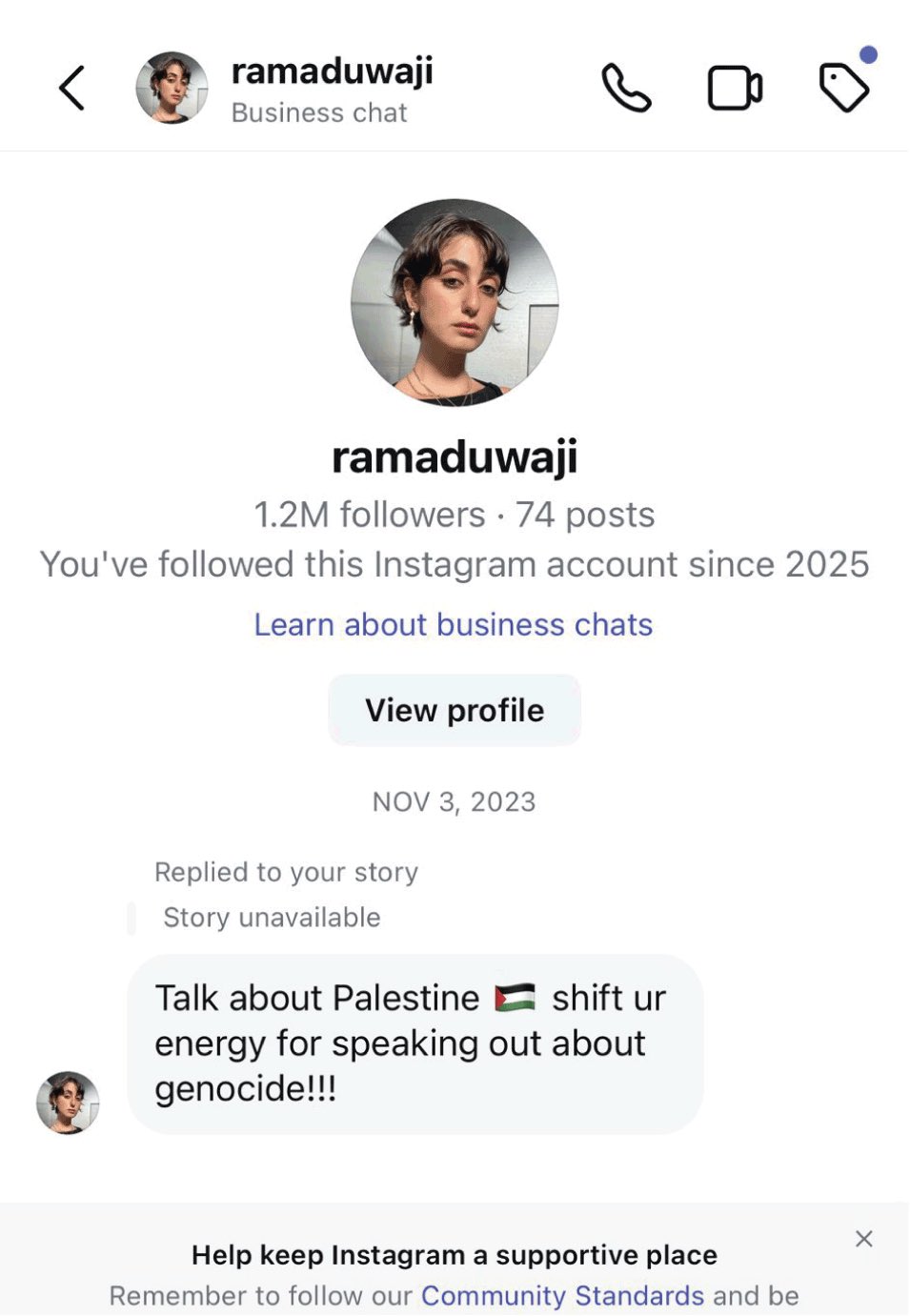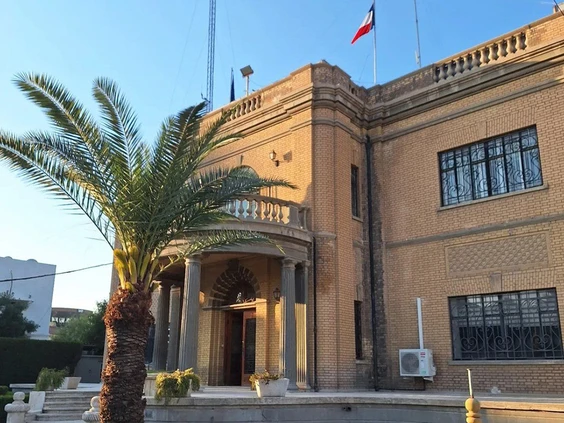A Jordanian student enrolled at Embry-Riddle Aeronautical University in Daytona Beach, Florida, has been forced to suspend his education and return home after his father, a practicing attorney in Jordan, was disbarred for representing an Israeli company in a commercial dispute.
The student, Muhammad Rsheidat, had been studying aerospace engineering at the prestigious American university when his father, Ali Rsheidat, lost his license to practice law earlier this year. The decision was issued by Yahya Abu Aboud, the President of the Jordanian Bar Association (JBA), who has been publicly identified with pro-Palestinian political activism.
According to information obtained by Wingate News, Mr. Rsheidat’s disbarment followed his legal representation of an Israeli company in a case against a Jordanian firm — an action reportedly permitted under Jordanian law and consistent with international trade and legal agreements between the two nations.
No violations of professional conduct or Jordanian statutes have been cited in the decision. Critics claim the move was politically motivated and part of a broader pattern in which Jordanian professionals face pressure or punishment for any form of cooperation with Israelis.
For the Rsheidat family, the consequences were devastating. With his father suddenly barred from practicing law, the family’s main source of income disappeared, forcing Muhammad to withdraw from Embry-Riddle and leave the United States.
In an interview with Rabbi Elchanan Poupko, Editor-in-Chief of Wingate News, Muhammad and his father described the emotional and financial impact of the decision. Muhammad, who had been thriving academically in Florida, said he was “heartbroken to leave” the university and his dream of becoming an aerospace engineer.
The case has raised questions not only about freedom of legal practice in Jordan, but also about how political activism has affected professional institutions in the country. Observers have noted that the decision contradicts the spirit of the Jordan-Israel peace treaty, as well as international norms protecting professional independence.
While Jordan continues to receive substantial U.S. aid and educational partnerships, the Rsheidat case underscores how domestic politics in Amman can have direct human consequences—even for students on American soil.
Below: The full interview with Ali and Muhammad Rsheidat, conducted by Rabbi Elchanan Poupko of Wingate News.
Ali Rsheidat: Jordan’s Judicial System Punishing for Peace – YouTube

